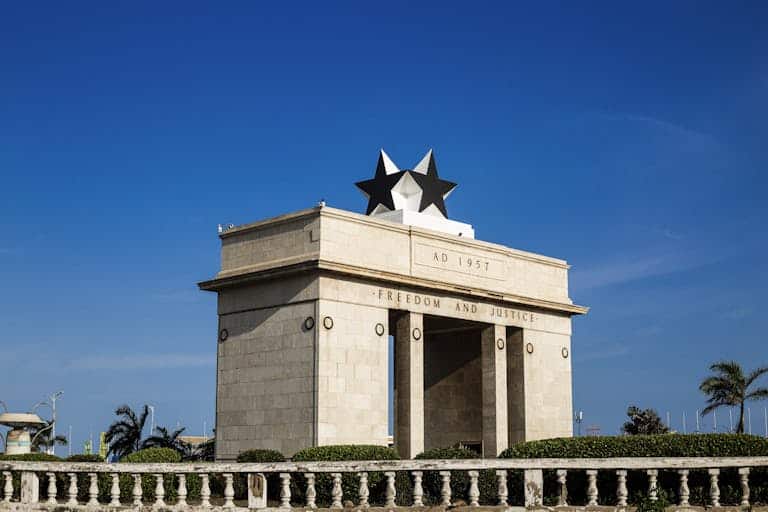This is a premium article written by one of our experts.
Check out

Ghana Residency for Expats: Complete Guide to Permits & Process
This is a premium article written by one of our experts. Upgrade to Navigator or Pathfinder read the full article

Partnering with ECG: Expat Solutions to Improve Energy Distribution in Ghana
Ghana’s energy sector, a vital driver of economic growth, faces pressing challenges. Nearly one-third of the electricity generated fails to reach end customers due to inefficiencies in the distribution network. This pervasive issue stifles productivity, disrupts daily life, and adversely impacts businesses across sectors. At the heart of these challenges lies the Electricity Company of Ghana (ECG), tasked with meeting an increasing demand for reliable energy and tackling operational inefficiencies that hinder its ability to deliver.

Landlord Accountability Clauses in Ghana: Structuring Payments for Tenant Protection
This is a premium article written by one of our experts. Upgrade to Navigator or Pathfinder read the full article

Coming Home: The Truth About Ghana’s Welcome to African-Americans
The sun rises over Accra, casting golden light across a city where ancient traditions blend with modern aspirations. In neighborhoods throughout Ghana’s capital, a quiet transformation is taking place as African-Americans arrive, seeking connection with…

Avoid the $200K Business Registration Mistake in Ghana: A Guide for Foreign Investors
For foreign investors, Ghana offers immense promise, from its thriving industries to its pro-business policies. Yet, misconceptions about business laws and the allure of “easier” informal arrangements have proven disastrous for many. The reality is simple: protecting your investment starts with proper registration and thorough documentation. By understanding Ghana’s legal framework and avoiding common missteps, you can confidently take advantage of the country’s opportunities without compromising your ownership or peace of mind.

Making Friends in Ghana: Building Trust and Authentic Connections
This is a premium article written by one of our experts. Upgrade to Navigator or Pathfinder read the full article